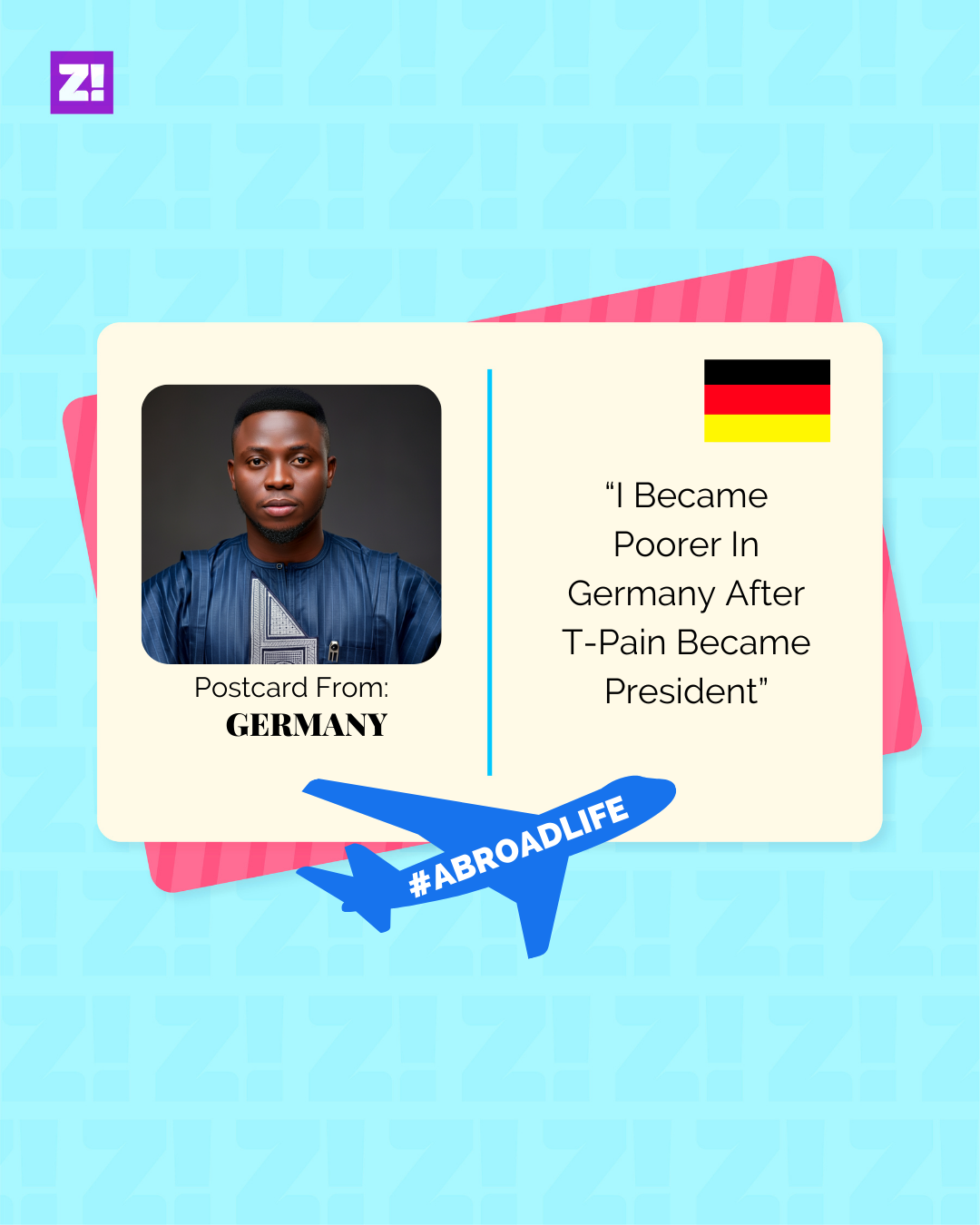When rich Nigerians are not showing off high fashion at social gatherings, they are busy dodging taxes like a creepy ex – quote the data, not me.
Oxfam, an NGO that addresses poverty and inequality in Nigeria, recently released a report that shows how people who earn about ₦40 million a year have been getting away with not paying taxes. Of the 130,000 high-earning Nigerians that fall into this category, only 40 were recognised as regular taxpayers.
If you’re wondering how these rich Nigerians have been able to get away with this questionable action for so long, it’s because “they pay tax only on their salaries, which is just a fraction of their income, then hide the rest.”
Why is this bad?
Nigeria is suffering a serious inequality crisis which is being worsened by things like tax evasion by the rich and aggressive taxation on the poor. To put this into perspective, 32.5% of the country’s wealth is controlled by just 10% of the population, while the remaining 90% of the population shares what’s left of it. When you do the maths, you will also find that poor people are taxed more than the rich. The danger in this is that “if you’re born into poverty, you’re likely to stay poor.”
But it’s not just the lack of opportunities that’s stopping average Nigerians from building generational wealth or at least affording three-square meals; the taxing system the Nigerian government has implemented is another weapon against the poor.
For example, the Value-Added Tax (VAT) was increased from 5% to 7.5% and is likely to be increased to 10% in January 2025. To rich Nigerians, VAT is just a random tax that they only notice at fine-dining restaurants, but to low-income households, it’s a crushing burden.
How is this affecting Nigeria’s economy?
Taxes currently make up only 6% of Nigeria’s Gross Domestic Product (GDP), but according to the Workbank, the recommended percentage should be 15% or higher.
Tax evasion by Nigeria’s rich is one of the major reasons the country is not able to generate what it should in tax revenue. Is this bad for the economy? Absolutely yes, and this is why—the country is not generating half of what is needed to support the growth of its economy.
What can be done about it?
Besides asking the Nigerian government to hold rich Nigerians accountable and let the poor breathe, Oxfam has some brilliant recommendations that the government can implement to stop rich people from evading taxes.
Create a special tax unit for the rich
One major suggestion is the creation of a special unit within the Federal Inland Revenue Service (FIRS) on high-net-worth individuals (HNWIs). This unit would conduct thorough audits, use data from multiple sources to track assets and train tax officials to better understand the complicated financial dealings of wealthy Nigerians.
Monitor rich people’s earnings and tax them accordingly
Another key recommendation is the introduction of a progressive wealth tax. Oxfam proposes that Nigerians
This is a taxation system where a person’s tax rate increases with their wealth. In Nigeria’s case, Oxfam is suggesting that people who own wealth between $1 million and $5 million should be taxed at 1%, those with over $5 million should be taxed at 2%, and those worth more than $50 million should be taxed at over 5%.
If this recommendation is implemented, it would help reduce the concentration of wealth in the hands of the rich and generate significant revenue for poverty alleviation and social services.
Follow the footsteps of other African countries
Oxfam also wants Nigeria to raise its Capital Gains Tax (CGT), to match that of other African countries.
CGT is a specific type of tax charged on any profit made from the sale of things like stocks and shares, real estate, and investments. Currently, Nigeria charges a 10% tax on these things while other African nations like South Africa and Kenya, charge about 15% to 35%. This would close tax loopholes and ensure that financial assets and intangible properties are taxed correctly.
Stop over-taxing the poor
The NGO also recommends that the government stop taxing essential items like food and housing Value Added Tax (VAT). Instead of burdening the poor with VAT, they suggest that it be put on luxury items like private jets and yachts and every other item that only rich people can afford instead.
In addition, they want the government to exclude Nigerians earning the minimum wage or below from paying personal income taxes while introducing higher tax brackets for the wealthiest individuals. For instance, a 40% tax rate could apply to those earning above ₦100 million annually, with the rate increasing to 47% for those earning above ₦230 million.
Oxfam also suggests bringing back inheritance taxes and strengthening gift taxes. This way, wealthy people who pass on money or give large gifts would be taxed fairly, while average Nigerians would be exempt.
Stop rich people from cheating
They also stressed the need for Nigeria to renegotiate its Double Taxation Agreements (DTAs). Right now, these agreements allow wealthy individuals and big companies to find loopholes and avoid paying the taxes they should. If the rules were tightened, the rich would no longer be able to avoid paying these taxes.
I don’t expect things to change overnight, but with these recommendations, Nigeria will be well on its way to closing the insane gap between the rich and the poor.

Get more stories like this and the inside gist on all the fun things that happen at Zikoko straight to your inbox when you subscribe to the Zikoko Daily newsletter. Do it now!




